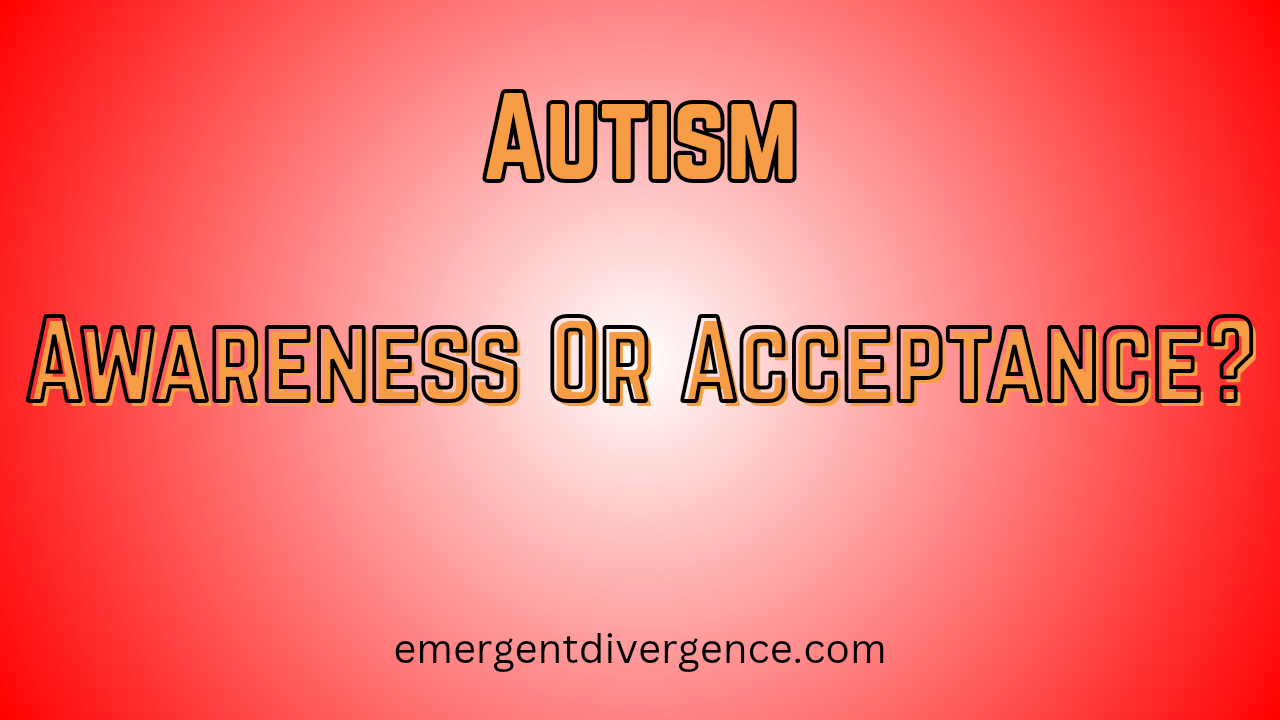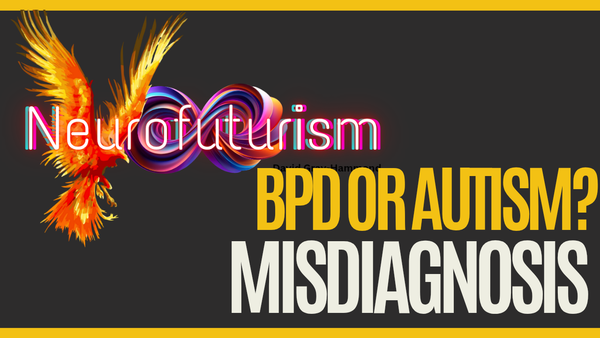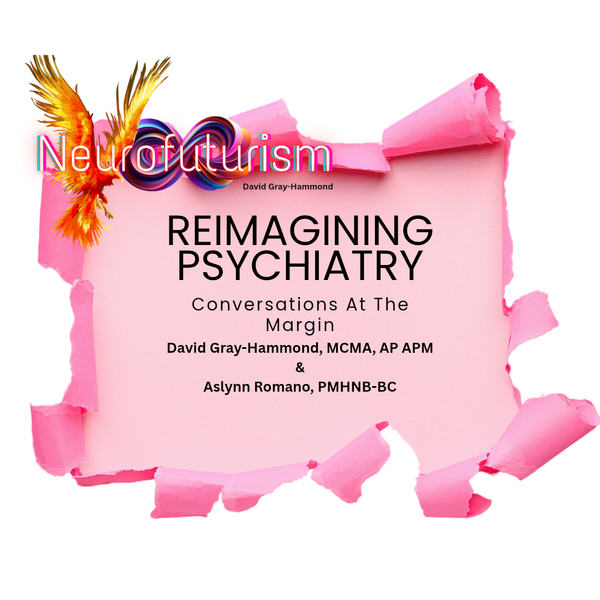Why Autism Awareness & Acceptance Are Relevant To Autism Diagnosis

Every April Autistic people find themselves under fire in online spaces. The key debate that causes this comes down to whether April should be known as Autism Acceptance Month or Autism Awareness Month. There are countless arguments surrounding both sides of this debate, but something we often miss is the real world impact that it has on Autistic people themselves. It is important then to discuss how this debate information attitudes and potential access to accurate and timely diagnosis of autism.
Autism Awareness Vs Autism Acceptance
I will admit that while my own thoughts on this debate are more complicated than this binary choice. Autistic experience is complicated and nuanced, like all human experience. Some might argue that both sides of this debate are equally important. In the spirit of transparency, I must admit my own bias towards Autism Acceptance. This is the result of my years in neurodiversity activism spaces, and below I would like to compare and contrast the two in order to justify my bias.
Features of Autism Awareness Discourse
- Medical Model Focus- Usually views autism as a medical condition regardless of whether attitudes are positive or negative towards it.
- Paternalistic- Usually centres carers and professionals as the voices of Autistic people regardless of whether those voices are positive or negative.
- Puzzle Piece Symbology- Autism Awareness Discourse often uses puzzle piece imagery to represent autism.
- Separation of Autism and Autistic person- Usually presents autism as separate to the individual and as such often uses person-first language (person with autism).
Features of Autism Acceptance Discourse
- Social model & Neurodiversity Paradigm Focused- Usually views autism as part of natural human neurodiversity with many of the disabilities we experience being viewed as socially imposed.
- Autistic voices at the forefront- Autistic people and their lives experience are generally elevated above those external to the experience.
- Rejection of Puzzle Piece- puzzle piece imagery is generally rejected due to it's long and ableist history.
- Autistic as an identity- Generally view us as Autistic people with autism being an integral part of our identity and experience of the world. Recognises an Autistic culture.
How Does This Impact On Diagnosis
Core features of autism acceptance mean that diagnosticians and researchers are invited to rethink diagnostic criteria based on actual lived experience. Acceptance ends the requirement for diagnosis in light of the issues with access and criteria that make it difficult to obtain. These issues arise from features of autism awareness.
With medical model thinking and paternalistic attitudes comes the idea that Autistic people are not the experts on Autistic experience. This silences a great deal of lived experience and creates a restriction of what diagnosticians and researchers see as valid criteria for a diagnosis.
One point I would highlight, particularly with my ongoing petition is the ongoing ignorance of the tremendous overlap between autism and ADHD diagnoses. Communities that tend towards autism acceptance are places one might typically find those who recognised that autism and ADHD are often together. Autism awareness circles that may ignore lived experience run the risk of ignoring a huge population of AuDHD (Autistic and ADHD) individuals and either directly or indirectly obscuring them from discourse around diagnostic and assessment criteria and policy.
Autism Awareness and Acceptance as a Necessity
Regardless of yours or my personal opinions on the debate, we cannot have acceptance without awareness or vice versa. In truth what we need is the empowerment of Autistic people and the deconstruction of the systems that marginalise us. Autistic voices need to be at the forefront of discussions around diagnosis, and whether you favour awareness or acceptance, if you put Autistic voices first, you are off to a good start.


